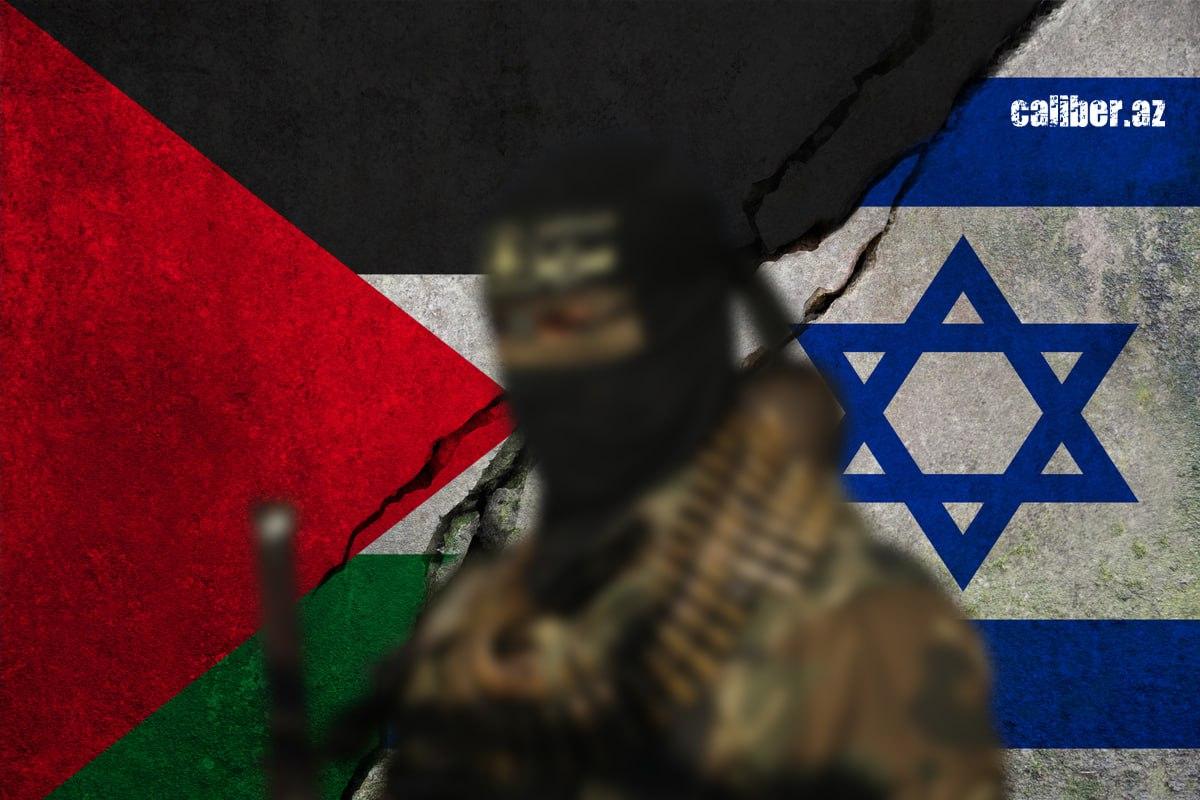Will "Gaza Tomorrow Plan" end bloodshed and shape region's future? Middle East mediation shake-up
According to Israel's Kan-11 channel, a coalition of Arab nations has presented the American administration with the "Gaza Tomorrow Plan," a proposed framework for governing Gaza after the conclusion of the Arab-Israeli conflict. This coalition, comprising the UAE, Saudi Arabia, Jordan, and Egypt, is driven by a mutual interest in resolving the longstanding conflict. The interest of these four states in resolving the Arab-Israeli conflict is entirely logical.
The UAE and Saudi Arabia, as the wealthiest Arab nations, have significant influence in the region and are keen to lead diplomatic and mediation efforts. Both countries view a resolution to the Gaza conflict as a way to bolster their geopolitical standing and counterbalance Iran. While the UAE has already established diplomatic relations with Israel, Saudi Arabia is contemplating a similar move.
What does the "Gaza Tomorrow Plan" entail?
The plan suggests transferring control of Gaza to the Palestinian Authority, which currently governs the West Bank while the Israeli military retains significant authority. However, the plan also includes the presence of forces from the four Arab nations in Gaza, though the specifics of their roles remain unclear. These forces might act as monitors for a proposed ceasefire, but details about their exact function and operational capacity are still uncertain.
The Kan-11 report also indicates dissatisfaction among the Saudis and Emiratis with the current Palestinian Authority (PA), suggesting a push for reform. It’s unclear whether this reform aims to combat the corruption often associated with the PA or to create a more inclusive leadership by integrating currently marginalized factions and parties. The PA has not held elections since 2006, raising questions about its legitimacy and effectiveness.
In a related development, Beijing recently hosted representatives from 14 Palestinian organizations, who on July 23 signed the Beijing Declaration on "End the Division". This agreement outlines plans to establish a unified Palestinian interim government following the conclusion of the war. The signatories include Hamas, currently engaged in conflict with Israel over Gaza, its ally Islamic Jihad, and the secular Fatah group, which governs the PA in the West Bank. The longstanding divide between these factions began in 2007 when Hamas took control of Gaza, displacing the PA. The Beijing Declaration raises hopes that a resolution to this divide may finally be on the horizon.

Chinese Foreign Ministry spokesperson Mao Ning outlined the key points of the Beijing Declaration: "In line with United Nations resolutions, the Declaration supports the establishment of an independent Palestinian state with Jerusalem as its capital and the preservation of Palestinian territorial integrity, including the West Bank, Jerusalem, and the Gaza Strip. It also proposes the formation of a national reconciliation interim government and emphasizes that Gaza's reconstruction should be guided by the consensus of all Palestinian factions and the existing Palestinian Basic Law. Additionally, it calls for the preparation and prompt conduct of general Palestinian elections according to the adopted electoral law."
In summary, the evolving conditions for a post-war settlement in Gaza appear to be shaping towards a unified Palestinian leadership, potentially including both Fatah and Hamas. This would be supported by four Arab nations, aiming to aid Gaza’s reconstruction, curb further violence between Palestinians and Israel, and address internal Palestinian factional disputes.
Such a scenario cannot be ruled out, but it is unlikely to be realized with the current Israeli government's consent. The coalition includes radical elements led by Finance Minister Bezalel Smotrich and National Security Minister Itamar Ben-Gvir, both of whom have threatened to resign if Prime Minister Benjamin Netanyahu withdraws from Gaza or abandons the goal of destroying Hamas. This would likely lead to the collapse of the ruling coalition and new elections, which, according to opinion polls, Netanyahu and his Likud party would likely lose. Consequently, Netanyahu is unlikely to adopt the Arab "Gaza Tomorrow Plan" in the near future.
Furthermore, following the Beijing Declaration, Israel remains firmly opposed to Hamas having any role in Gaza's governance. Foreign Minister Israel Katz stated that "instead of rejecting terrorism, Fatah accepts murderers with open arms" and emphasized that "Israel's security will remain solely in Israeli hands."
Unlike the U.S., China lacks significant military capabilities in the region, and the Middle East's dependence on Beijing is relatively minimal. While China's mediation efforts are notable, the resolution of the conflict is unlikely without substantial American influence and pressure.
The outcome of the upcoming U.S. elections will play a crucial role in shaping the future of the conflict. Much will depend on the stance of the incoming U.S. administration: the extent of its pressure on the conflicting parties and the concessions it is willing to offer in return. At present, these questions remain unanswered.
The views and opinions expressed by guest columnists in their op-eds are their own and do not necessarily reflect those of the editorial staff.








